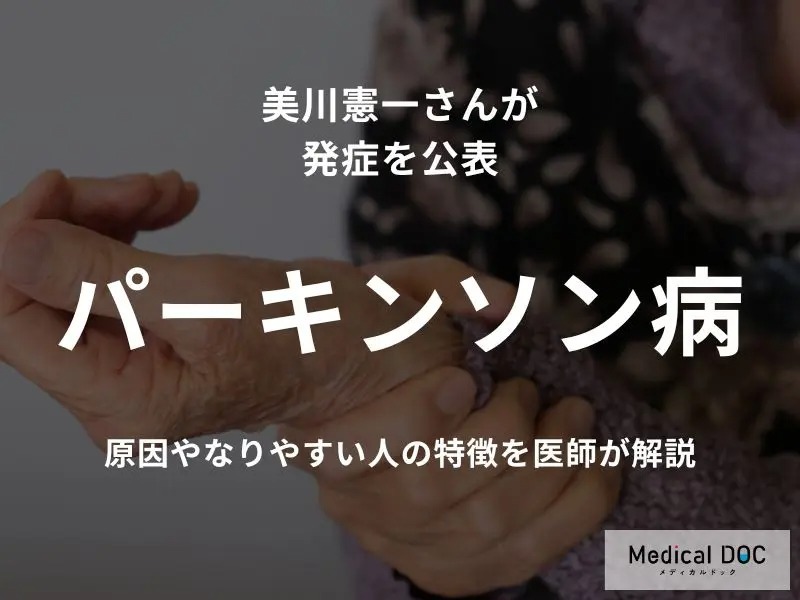- お問い合わせ
- AFS
- Business
- Bussiness
- Car
- Career
- Celebrity
- Digital Products
- Education
- Entertainment
- Fashion
- Film
- Food
- Fun
- Games
- General Health
- Health
- Health Awareness
- Healthy
- Healthy Lifestyle
- History Facts
- Household Appliances
- Internet
- Investment
- Law
- Lifestyle
- Loans&Mortgages
- Luxury Life Style
- movie
- Music
- Nature
- News
- Pet
- Plant
- Politics
- Recommends
- Science
- Self-care
- services
- Smart Phone
- Sports
- Style
- Technology
- tire
- Travel
- US
- World
- エンタメ
- スポーツ
- 科学
- 経済

By Michael Erman
NEW YORK (Reuters) -The U.S. Food and Drug Administration can approve new personalized treatments for rare and deadly genetic diseases based on data from a handful of patients, two of the agency's top officials said on Wednesday.
FDA Commissioner Marty Makary and Chief Medical and Scientific Officer Vinay Prasad said in an essay published in the New England Journal of Medicine that for certain conditions, companies could rely on appropriately designed studies with small sample sizes rather than randomized trials. They will rely on biological plausibility and clinical improvements in those early patients.
"Current regulations are onerous and unnecessarily demanding," Makary and Prasad wrote. "For patients and families, there is no time to wait."
The new "plausible-mechanism" pathway would allow the agency to grant marketing authorization after manufacturers demonstrate success with several consecutive patients.
Companies that receive these approvals will be required to collect real-world evidence to confirm efficacy continues and to look for safety issues that might arise.
The new approach will prioritize treatments for rare diseases that are fatal or cause severe childhood disability. Common diseases with unmet medical needs may also qualify.
While makers of cell and gene therapies are likely to be significant beneficiaries of the new approval process, Makary and Prasad said that other types of treatments could also receive licensure this way.
"The FDA will work as a partner and guide in ushering these therapies to market," the officials wrote.
(Reporting by Michael ErmanEditing by Bill Berkrot)
 Pick Your Top Method for starting the Morning
Pick Your Top Method for starting the Morning Vote in favor of Your #1 Home Exercise Gear: Execution and Comfort Matter
Vote in favor of Your #1 Home Exercise Gear: Execution and Comfort Matter Change Your Home into an Exercise center with These Famous Wellness Gadgets
Change Your Home into an Exercise center with These Famous Wellness Gadgets Strengthening through Wellness: Individual Preparation Achievement
Strengthening through Wellness: Individual Preparation Achievement Remain Fit and Sound with These Exercise Fundamentals
Remain Fit and Sound with These Exercise Fundamentals The Advancement and Effect of Dental Embed Innovation on Oral Wellbeing
The Advancement and Effect of Dental Embed Innovation on Oral Wellbeing Which salad do you believe is a definitive group pleaser? Vote!
Which salad do you believe is a definitive group pleaser? Vote! Sound Maturing: Wellbeing Tips for Each Life Stage
Sound Maturing: Wellbeing Tips for Each Life Stage Remote Headphones: Improve Your Sound Insight
Remote Headphones: Improve Your Sound Insight












